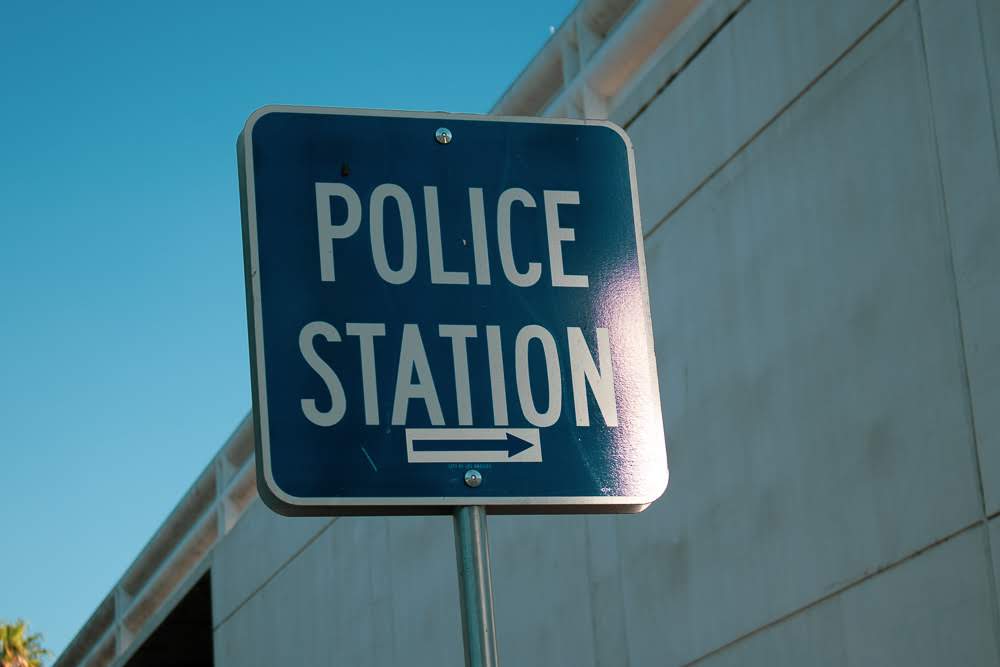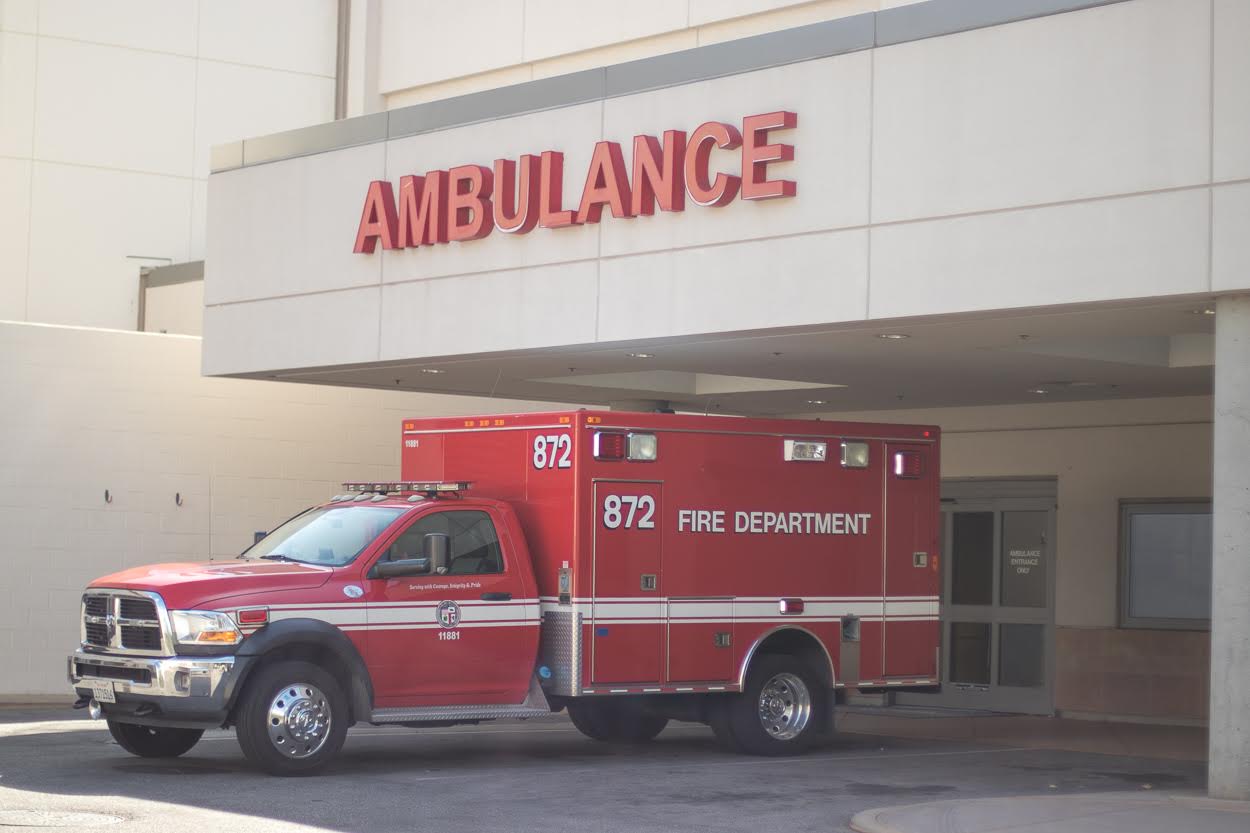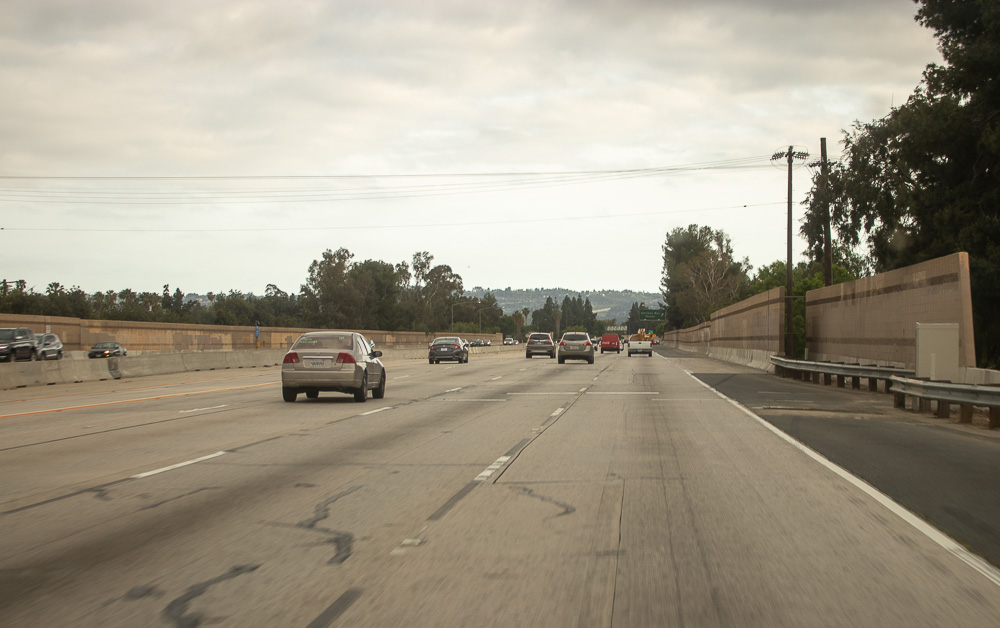Just about everyone knows that drunk driving is a serious problem on the roads. However, statistics reveal that drugged driving — what happens when a motorist drives under the influence of prescription or illegal drugs — is just as big of a problem.
According to data from the National Institute on Drug Abuse, 11.8 million people engaged in drugged driving in 2016 alone. Compare this to the 20.7 million drivers who drank and drove, and you can see that the numbers are not that far off. However, drinking and driving receives a greater level of attention.
Additionally, a report from the Governors Highway Safety Association states that 43 percent of people killed in car accidents in 2015 had some type of drug in their system. According to the report, there were more drugged driving deaths than drunk driving fatalities that year.
Drugged Driving Is Illegal
Driving while impaired by a drug is illegal in all 50 states. However, there are a couple factors that make it difficult for law enforcement to catch drugged drivers. One of the obstacles is a lack of uniform testing. Blood, breath, and urine tests can determine the level of alcohol in a person’s blood with reliable accuracy. When it comes to drugs, however, testing methods are somewhat less reliable. There are many different types of drugs, from over-the-counter cough medicine to powerful opioids and other painkillers. Various substances can affect people differently, and testing doesn’t always capture every kind of substance.
Additionally, there is currently no field test comparable to the roadside breathalyzer test. This means that police officers don’t have an easy and reliable way to test a motorist on the side of the road after they observe the person driving erratically. In the time it takes police to obtain a blood test, the drug may have already left the person’s system.

Why Drugged Driving Is So Dangerous
One of the things that make drugged driving so dangerous is that people don’t always realize they are impaired. This is especially true in cases involving prescription medications. Motorists might take a new prescription without realizing how it affects them. Many different kinds of prescriptions can make a person feel extremely drowsy. The individual could get behind the wheel and not feel tired until they have driven on the highway or a backroad for several miles. Before they know it, they are nodding off behind the wheel and putting everyone on the road in danger.
Other side effects of many prescription drugs include:
- Anxiety
- Blurred vision
- Dizziness
- Impaired coordination
- Slower reaction time
When you think of how alert you need to be in order to drive safely, it’s easy to see how a prescription medication could seriously hinder your ability to drive responsibly.
What to Do If You’ve Been Injured by a Drugged Driver
If you have been hurt in a car accident caused by someone under the influence of a prescription drug or street drug, you have important legal rights.
- Don’t wait to speak to a car accident lawyer – Don’t delay speaking to an experienced Philadelphia car accident lawyer. The sooner you speak to a lawyer, the sooner your attorney can begin preserving and collecting evidence in your case.
- File a police report – You should always document the accident by contacting the police and filing a report.
- Don’t admit fault – Don’t make any statements to anyone about who is to blame for the accident. Let the police and accident investigators make this determination. When you’re involved in a car crash, you only see the accident from your perspective. Investigators have all of the evidence at their disposal, and they are trained in reconstructing what happened and who was to blame. Any statements you make about potential fault can possibly be used against you later, regardless of whether your statements were accurate.
- Get medical treatment – Don’t assume that your injuries are minor or not all that serious. Many people avoid seeing a doctor after a car accident because they don’t realize just how badly they are injured. If you skip seeing a doctor or let time pass between the accident and getting medical help, the insurance company could try to argue that you weren’t really hurt or that some other incident caused your injuries. You should also follow up with your doctor. Don’t miss appointments, and if you must miss an appointment, be sure to reschedule right away and document the reason why you were forced to do so.
- Take photos of your injuries – If your injuries permit, you can begin documenting your injuries at the scene of the accident. Most people have a smartphone with them at all times. If you have a phone, take pictures of your injuries, the scene, the road conditions, and anything else that seems relevant. These photos can be invaluable evidence to support your injury case.
Media Contact:

Car Accident Attorney Rand Spear
T: 215-985-2424
Sources:
- https://www.drugabuse.gov/publications/drugfacts/drugged-driving
- https://www.cnn.com/2017/04/27/health/drugged-driving-death-rates-report/index.html
***ATTORNEY ADVERTISING***
Prior results cannot and do not guarantee or predict a similar outcome with respect to any future case. Recoveries always depend upon the facts and circumstances of each case, the injuries suffered, damages incurred, and the responsibility of those involved. This article is not to be considered advise, only the execution of the contingency agreement with this law firm will constitute an attorney-client relationship. The contents of this article are for general information only. If you would like to pursue a claim, please contact an attorney immediately to discuss your specific facts and circumstances regarding your claim. Some cases accepted by this law firm may be referred to or worked on by other lawyers, depending on the area of practice and specifics of a particular case.
Call or text (215) 985-2424 or complete a Free Case Evaluation form










